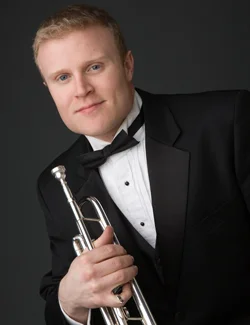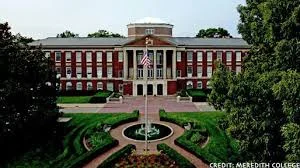
Recital - Old First Concerts, San Francisco
Solo recital
Invocations are the theme in this darkly passionate recital by Edward Neeman. Jan Ladislav Dussek’s wrote his final sonata, subtitled “L’invocation,” the year before his death in 1812. As Dussek faded into irredeemable alcoholism, he penned this sonata which veers between raging invective and penitent prayer. This recital will also include the West Coast premiere of Australian composer Larry Sitsky’s Piano Sonata No. 1, “Retirer d’en bas de l’eau,” based on the Voodoo ritual of the dead that invokes invisible spirits. Composed in 2009, this sonata is part of a series of improvisatory pieces that saw the 75-year-old Sitsky re-invent his compositional style through his piano music. The recital concludes on a cheerier note with Paul Schoenfield’s Peccadilloes, a collection of six tongue-in-cheek offenses against the specter of “good taste.”
Solo program
Sonata in F minor, Op. 77, “L’invocation” — Jan Ladislav Dussek
Piano Sonata No. 1, “Retirer d’en bas de l’eau” — Larry Sitsky
Peccadilloes — Paul Schoenfield






















